PHP Deprecated: Creation of dynamic property SocialPoints::$string is deprecated in /home/authorsinfo/public_html/administrator/components/com_easysocial/includes/dependencies.php on line 123
PHP Deprecated: Creation of dynamic property SocialBadges::$string is deprecated in /home/authorsinfo/public_html/administrator/components/com_easysocial/includes/dependencies.php on line 123
PHP Deprecated: Creation of dynamic property Joomla\Registry\Registry::$default is deprecated in /home/authorsinfo/public_html/libraries/vendor/joomla/registry/src/Registry.php on line 937
PHP Deprecated: Creation of dynamic property plgContentLayerslideshow::$context is deprecated in /home/authorsinfo/public_html/plugins/content/layerslideshow/layerslideshow.php on line 38
They call it self defense
For over a month I have been following and thinking about the shooting death of Trayvon Martin. Why? Because there is something iconic in this story, something that speaks to the very heart of our society and how we as a nation think.
The facts:
A young man, a teenager, walked to the store and bought himself an iced tea and a package of candy. On the way back to his grandmother’s home, he called his girlfriend. It was raining, and he had the hood of his sweatshirt up. There is no way to know if he would have had that hood up had there not been rain.
Another young man, not very much older than the first, was driving around, saw the first man, decided he looked suspicious, called the police, and continued to pursue the first youth. There was a scuffle or confrontation of some kind. The second man pulled out his handgun and shot the first.
The victim was a black youth named Trayvon. The shooter was a man of white and Hispanic background named George, George Zimmerman.
Now some less firm facts:
George Zimmerman wanted to be an officer of the law. He was on a self-appointed mission to keep his community safe. He frequently saw people whom he didn’t know and reacted by calling the authorities. He presumably saw Trayvon Martin as suspicious and therefore potentially dangerous.
Trayvon did not start the evening feeling defensive. He did, however, notice Zimmerman’s vehicle following him. When Zimmerman got out of that vehicle and followed on foot, Trayvon certainly felt threatened. He had to choose between confrontation and running. Perhaps had he not been talking with his girlfriend, he would have run. He certainly had tried to leave the scene, but he was being followed. However, it is likely that he felt—as teenage boys do—a certain discomfort with running away. After all, he knew that he had done nothing wrong.
What we cannot know:
Had Trayvon Martin been white, would George Zimmerman been so dogged in his pursuit?
Had George Martin said something different or if Trayvon Martin acted differently, would this tragic shooting have been avoided?
There is little point in arguing those questions. Let us, instead, look at the real heart of the tragedy—the notion of self-defense that underlies it at every turn.
I must admit that my notion of self-defense was shaped years ago in movie theaters. Probably no movie ever affected me as greatly as Shane. For those who don’t remember that Alan Ladd classic, think of Clint Eastwood in Pale Rider. In both movies relatively weak and certainly peaceable communities are threatened by those who wished to drive them out. In both movies an unknown character of great courage and skill as a gunfighter fortuitously shows up to rescue the weak. However, these rescuers are slow to act. After all, it would be morally wrong to pick a fight.
It is at that point that self-defense become relevant. One of the hapless is goaded into a confrontation. How else could the moral justification of a gunfight be established? With the notion that a man has to do what a man has to do, one of the settlers (in Shane) or miners (in Pale Rider) is drawn into a gunfight that he has no possibility of winning. But that killing is not murder, for it was self-defense; after all the settler/miner went for his gun.
It is the shaming that sets up the gunfight as much as the death that results from it which brings the audience to the side of the hero, who now rides into town ready to take down those who have so misused the justification of self-defense.
Trayvon Martin did not know that he had no chance in a confrontation with an armed George Zimmerman. He probably didn’t even think of his actions as self-defense. He thought only that he wasn’t willing to be chased home, especially not with his girlfriend on the phone and knowing his shame.
But George Zimmerman was already in full self-defense theology. We have become a nation that believes in self-defense and by extension in defense of others. We have forgotten the lesson of those movies, that self-defense can be bogus, that peaceful and inoffensive people can be suckered into confrontations, that the defender is not always motivated by real concern. We have, instead, become preoccupied with defending: whether it be through our military, our fence along the border, or our individual right to carry a weapon.
I have no doubt that George Zimmerman at the moment he caught sight of Trayvon Martin thought he was defending his neighborhood. I have no doubt, too, that many people in this country feel that they are under siege. Fear has become a national obsession. As a result good, kind people have developed a fortress mentality. And there are bad people out there who would hurt us. Sadly, it is far more likely that the people whom we hurt in our own self-defense are like Trayvon, just walking home with a package of Skittles and an iced tea, just talking to his girlfriend.
We must not let our fears turn us into a nation of shootouts. We must not convince ourselves that self-defense is the theme around which we should organize our lives and public discourse. If there is meaning to be found in this otherwise senseless death, it should be that finding enemies is a fools preoccupation and that those who would make us obsess about our self-defense are probably more interested in manipulating us through fear than they are in helping us to find real security.
When you subscribe to the blog, we will send you an e-mail when there are new updates on the site so you wouldn't miss them.
PHP Deprecated: Creation of dynamic property EasyBlogPost::$isImage is deprecated in /home/authorsinfo/public_html/administrator/components/com_easyblog/includes/themes/helpers/post/entry.php on line 415
PHP Deprecated: Creation of dynamic property EasyBlogPost::$isImage is deprecated in /home/authorsinfo/public_html/administrator/components/com_easyblog/includes/themes/helpers/post/entry.php on line 415
PHP Deprecated: Creation of dynamic property EasyBlogPost::$isImage is deprecated in /home/authorsinfo/public_html/administrator/components/com_easyblog/includes/themes/helpers/post/entry.php on line 415
PHP Deprecated: Creation of dynamic property EasyBlogPost::$isImage is deprecated in /home/authorsinfo/public_html/administrator/components/com_easyblog/includes/themes/helpers/post/entry.php on line 415





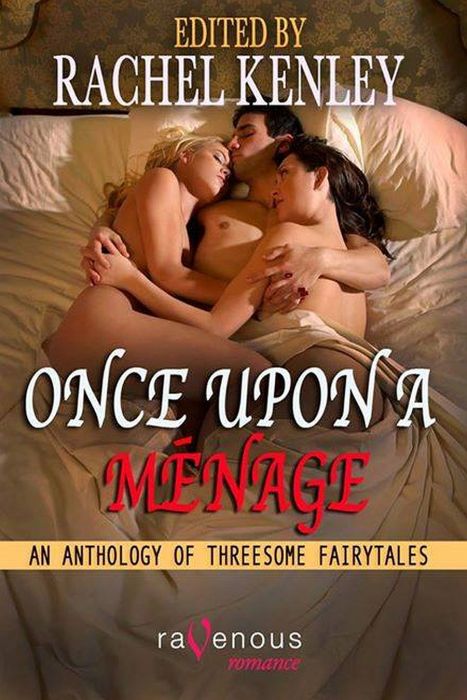
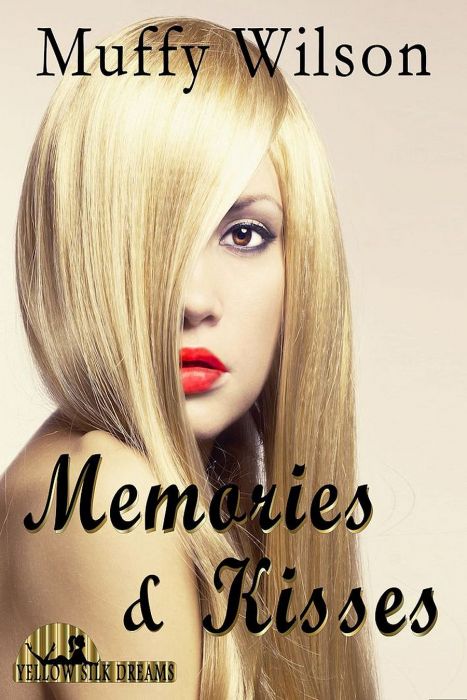
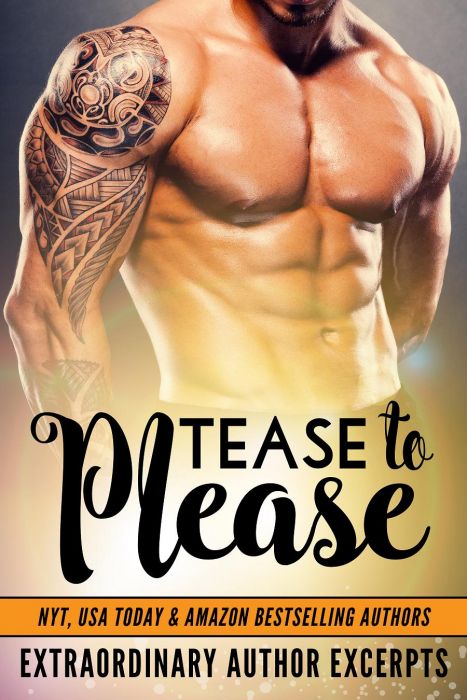


Comments